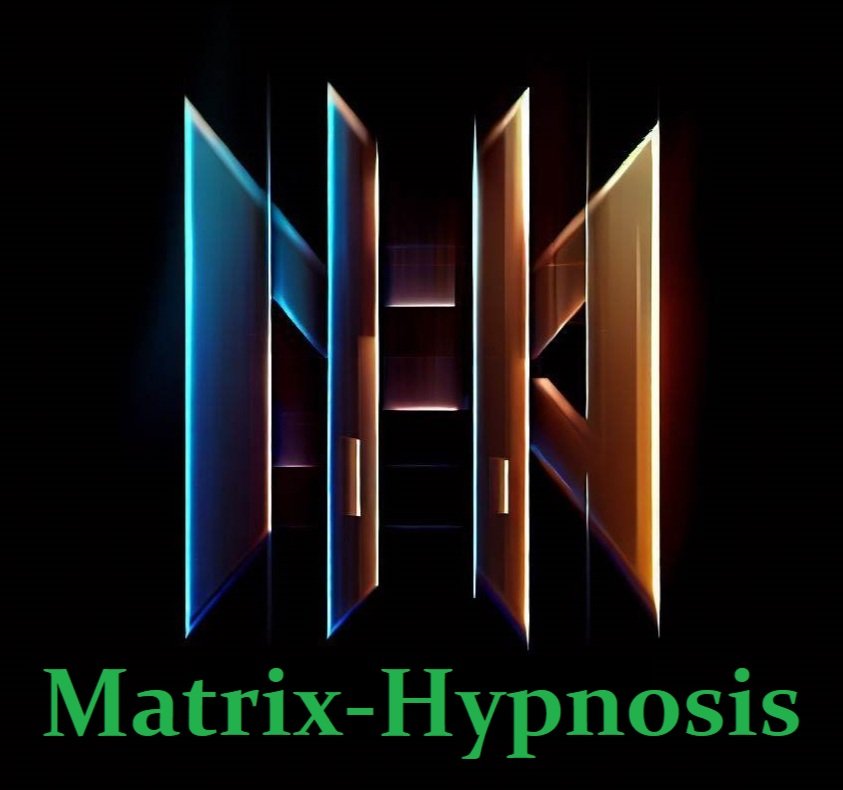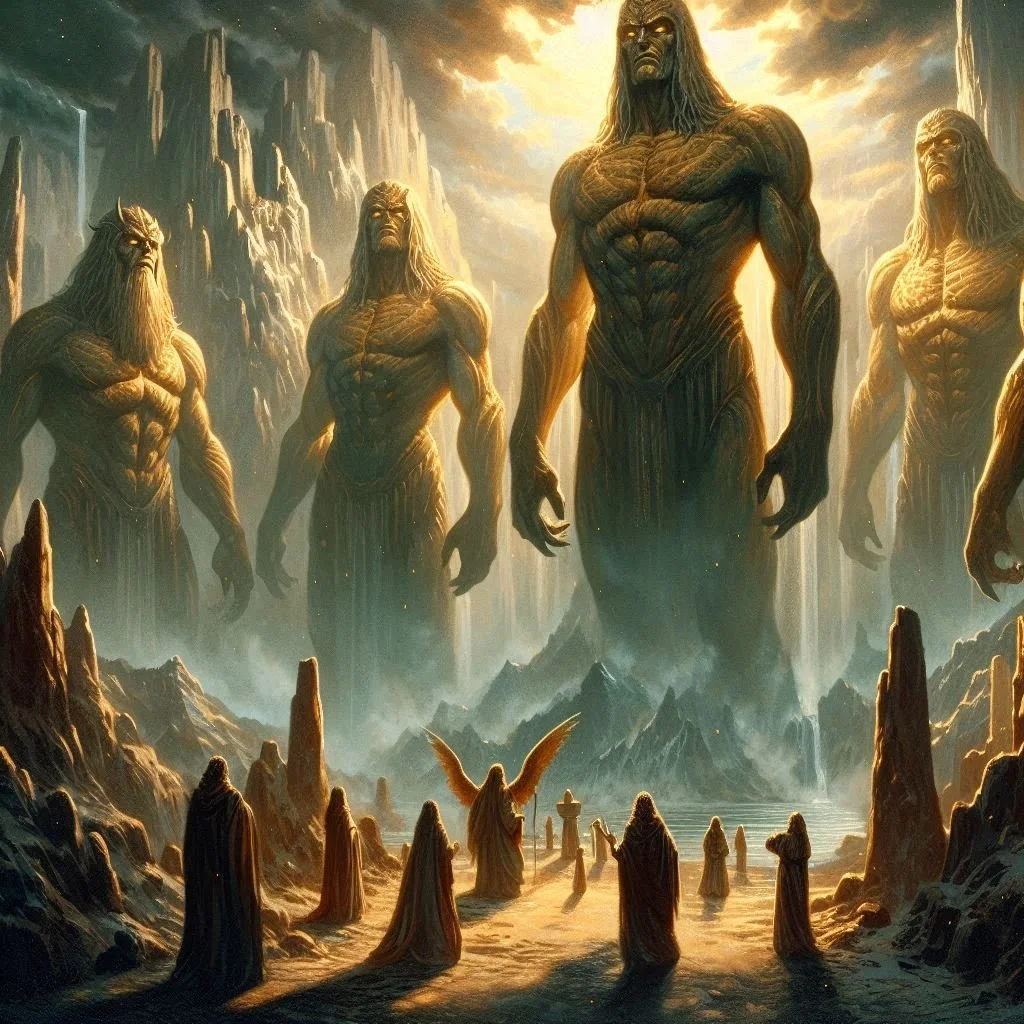Elohim vs. Theos: By Dr. Scott
Let’s dive into the distinction between the gods (Elohim) of the Old Testament and the God of the New Testament (Theos). These two concepts of "God" are vastly different.
Take Genesis 6, for instance. In the original Hebrew, the word for "god" is Elohim, a plural term, meaning it refers to more than one entity. So, when you see "God" in the Old Testament, it’s actually a group of beings behind the destruction and genocides. I've included a screenshot from Strong's Concordance to show that "God" in the Old Testament is plural, not singular. If this realization makes you question whether the barbaric acts in the Old Testament were really done by a single "loving" god, then you’re on the right path. Just be careful about discussing this with your baby boomer parents or grandparents—they might respond with fear-inducing words like "hell." But that’s a topic for another article.
Genesis 6 discusses the Nephilim, or giants, with verse 2 stating, "The sons of God saw the daughters of men that they were fair; and they took them wives of all which they chose" (King James Version). I remember encountering this chapter in 7th grade at a Christian school. The moment we read this verse, my hand shot up. I didn’t even realize it before my teacher, a 6'4" baritone-voiced man who tolerated no debate, called on me. I asked, "If Jesus is the only Son of God in the New Testament, then who are these sons of God in the Old Testament?" His response: "You can think about that this afternoon in detention." That moment should have been a clue to me that something was off in Christian doctrine, but I was only in 7th grade. Back in the 1980s, just questioning the Bible could get you labeled as a heretic in religious schools.
Sitting in detention, while my friends were outside playing, didn’t answer my question. Who were the sons of God in the Old Testament, and how were they different from the Son of God in the New Testament? It took years of careful thought to arrive at an answer, and I hope to save you some time on that journey.
The sons of God in the Old Testament were the sons of the Elohim, which, as I mentioned, is a plural term referring to multiple beings. This confused my 7th-grade self because I was taught that there was only one God. Adding to the confusion was the fact that these Elohim were responsible for actions we would consider atrocious today: a global flood, infanticide, genocide, war, and destruction on a scale that would make even the worst human tyrant look merciful by comparison. Christian churches, in my opinion, give a Stockholm Syndrome type of answer to the implied question of "Why is it okay when god does it?". The answer given is "Don't question god."
Thankfully, by the time we reach the New Testament, the narrative shifts. We meet Jesus (real name Yeshua), who in John 3:16 is called God's only son. The verse reads: "For God so loved the world, that he gave his only begotten Son, that whosoever believeth in him should not perish, but have everlasting life." The word for God in the New Testament, Theos, means "the supreme divinity." So here, we have a clear 1:1 relationship—one Son for one Supreme Deity. This is a completely different message from Genesis 6, where multiple "sons" came from multiple "gods" (Elohim).
Greek Translation of the word "God"
Why didn’t my 7th-grade teacher point out this shift from polytheism (Elohim) in the Old Testament to monotheism (Theos) in the New Testament? And why did the Catholic Church, along with the Protestant denominations that followed, gloss over this glaring difference, treating the acts of the gods in both Testaments as if they were the work of one singular God? Why do we now accept the barbaric actions of the Old Testament’s wrathful demigods as the will of the same loving God presented in the New Testament?
If you grew up in the late '70s or '80s like I did, the answer is clear: the Old Testament taught us to fear the demigods (Elohim), or to fear "god." This fear made sense, given how destructive the Elohim were. But everything changed when Yeshua came along. Yeshua fasted in the desert for 40 days and nights, during which he was taken aboard what I believe was a spacecraft and shown the Earth from orbit. The old demigods (Elohim) thought they ruled everything on the planet and offered Yeshua dominion over it. But Yeshua, the one true Son of God (Theos), declined. Yeshua was far too spiritually advanced to be intimidated by the Elohim and their old regime built on fear. Yeshua’s mission was to prove that there is life after death, thereby removing the fear of death, and the fear of the Elohim, entirely.
Yeshua (Jesus) depicted standing firm against the Elohim during their attempt to subjugate him when fasting for 40 days in the desert
Given Yeshua's divine lineage—he was the offspring of "The One" (the ultimate reality creator) and Barbelo (a divine feminine clone of The One)—why would he fear the Elohim? This is a complex topic, one I’ll explore in a future article. But one thing is clear: Yeshua lived without fear of death or reprisal from the Elohim. Yet, strangely, many mainstream religions still revere the demigods of Genesis 6, out of fear that not doing so will send them to hell. Equally strange, our Western Christian churches have yet to separate Yeshua from the Elohim, or the Elohim from Theos, treating them all as if they are one and the same.
Is it any wonder that New Age spirituality is on the rise, while mainstream Christian churches are shrinking?







